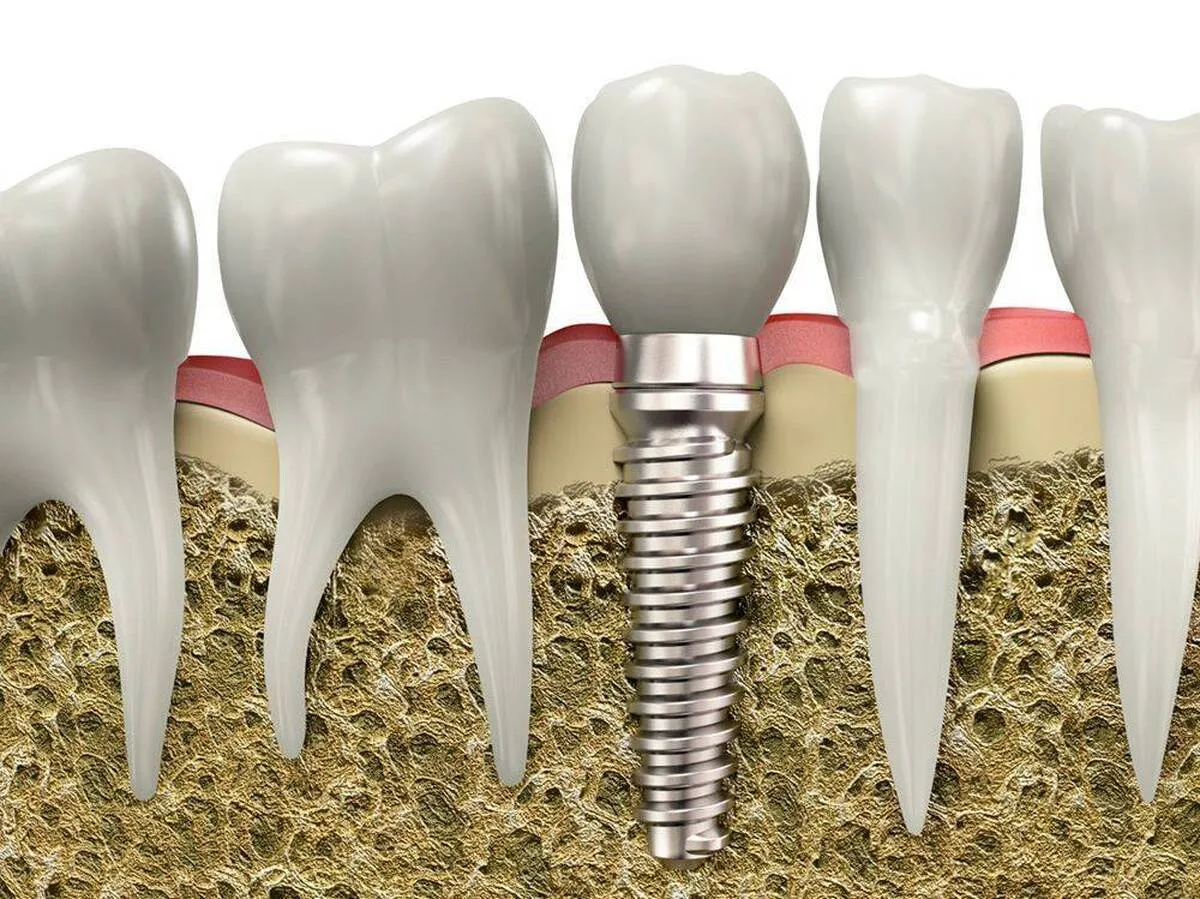Iranian, Turkish, Italian Researchers Cooperate to Produce Additives for Improving Medical Grade Alloys

‘Electrical deposition of calcium phosphate-niobium pentoxide composite coatings on nickel-titanium alloy for medical applications’ is the title of Mir-Saman Safavi's PhD thesis which was supported by the National Science Foundation of Iran and was implemented at Sahand University of Technology, Koc University in Turkey, and Pavia University in Italy.
“The overall goal of this research is to improve the mechanical, corrosion and biological properties of nickel-titanium alloy and to solve the challenges facing this alloy in orthopedic applications by creating calcium phosphate-niobium pentoxide composite coatings on its surface, and adding niobium pentoxide reinforcing particles to the calcium phosphate coating caused a significant increase in corrosion resistance, adhesion strength of the coating to the substrate, improved biological properties and increased antibacterial activity of the calcium phosphate coating,” Safavi said.
“This project led to the production of technical know-how, construction of laboratory samples and the publication of two ISI articles in journals with an impact factor of over five,” he added.
In a relevant development last year, researchers at a knowledge-based company in Iran had also acquired the technical know-how of making magnesium-based implants which can be absorbed in the body after bone repair with no need for a second surgery.
“Since magnesium has a low weight, many companies are willing to use the metal in manufacturing car parts to increase speed and decrease consumption in their cars,” said Ahmad Bahmani, a member of the scientific board of the Scientific and Industrial Research Organization of Iran and one of the founders of the company.
“We have also been working in this field and tried to use machined parts like magnesium sheets in the body of cars, airplanes, canes, walkers, and a series of bone implants, and we obtained interesting results,” he added.
Bahmani noted that using magnesium in bone implants eliminates the need for a second surgery to remove the implant components, adding, “The magnesium-based implants break down and turn into bone over time.”
4155/v





















